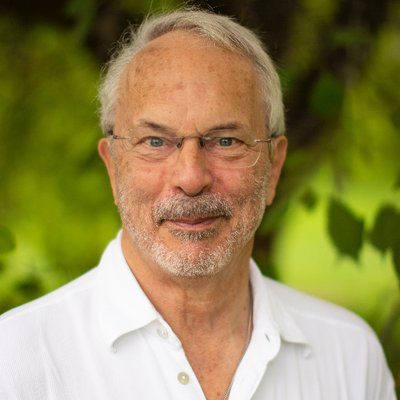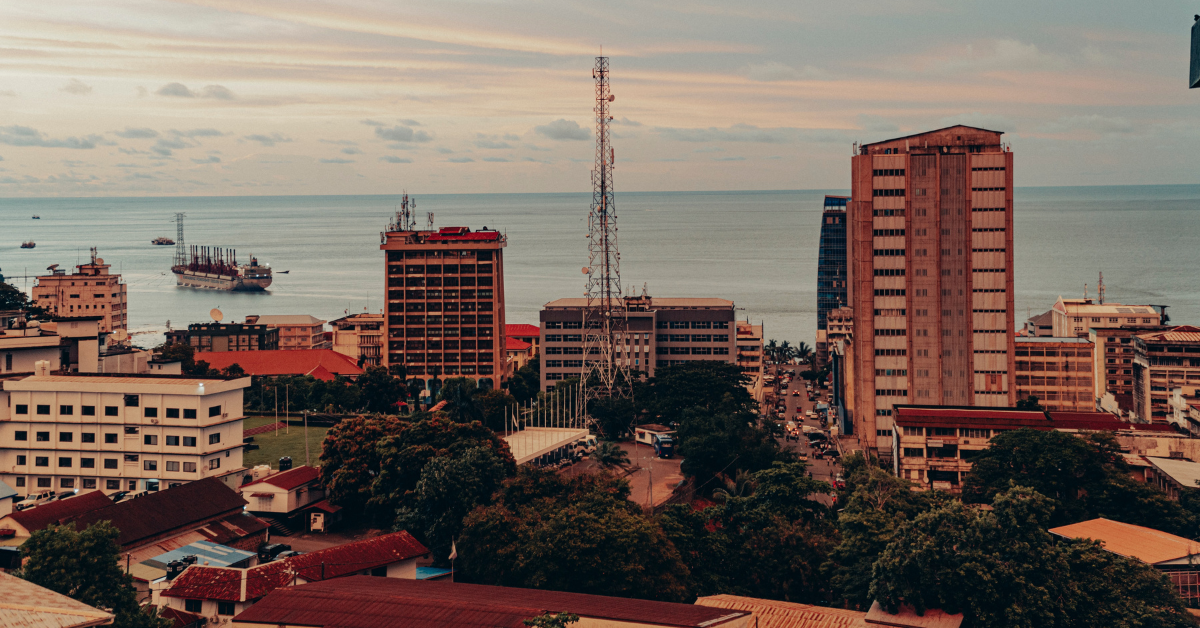
This year’s Global Partnership Network (GPN) conference took place at the University of Kassel, Germany, between 4 and 7 October. The GPN is a collaboration of higher education institutions and civil society groups for research, teaching and workshops around SDG 17: “Global Partnership for Sustainable Development”. The network draws attention to the shortcomings, limitations and problematic aspects of international partnerships that have historically been shaped by, or still reflect, colonial relations between North and South.
Henning Melber, Extraordinary Professor at the University of Pretoria and the University of the Free State in Bloemfontein, South Africa, Senior Research Fellow at the Institute for Commonwealth Studies/School for Advanced Study, University of London, Associate at the Nordic Africa Institute and member of the SweDev steering committee, gave a keynote speech at the GPN conference, reflecting on his previous work in development and African studies.
Global Asymmetric Power Relations
In his speech, Henning claimed that knowledge is never neutral or value-free. He is convinced that knowledge always has a historical and political character and is dependent on its user’s interests and goals. For that reason, we “cannot uncritically affirm and praise knowledge production (and its dissemination) as a relevant aspect of and contribution to development without examining the nature and intention of both, the knowledge created and applied as well as the concept and meaning of development”, he argued.
Henning stated that global asymmetric power relations include knowledge. Since “knowledge is power”, the production and possession of knowledge lead to structural dominance. The inequalities in socio-economic global development resemble the knowledge economy with the scientific dependency of the global South.

“True decolonization should have a critical understanding of the underlying assumptions, motivations and values that inform research practices.”
Henning Melber, member of the SweDev steering committee
Photo: Henning Melber / Twitter
Inequalities in the production and exchange of knowledge
Nowadays, international collaborations with diverse stakeholders in research projects are supported, however, Henning noted that the extent to which western frameworks are seen as universal, and operations are embedded in a northern environment, is often not critically reflected upon. In research partnerships, unequal power relations can result from unequal access to funding, knowledge and expert networks. There are, nevertheless, opportunities for researchers to counteract and overcome structural constraints to form equal partnerships, said Henning.
For equal partnerships, the accumulated knowledge should be accessible to all partners and its benefits should be equally distributed, Henning stressed. However, it appears challenging in reality, as scholars are more often rewarded for the impact factor of publications, rather than practical or even political relevance, leaving North-South cooperation all too often in the hands of partners from the North.
Keynote summarised by Roksana Rotter, Communication and Research Intern. Edited by Alice Tunfjord, Associate within SweDev at Stockholm Environment Institute (SEI).









Recent Comments